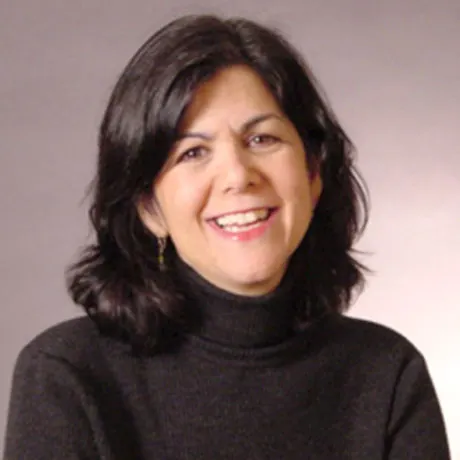When My Daughter Was Called a “Special Ed Kid”
My daughter glared at me. “Science isn’t my favorite subject. I hate it.”
I was surprised. Hadn’t she always enjoyed tinkering with those lab experiments? Not anymore, she told me. Then the story tumbled out of her: Two days earlier, she had gone for extra help from her middle school teacher, and the teacher had called her a “special ed kid”—in front of another student.
“I am so mad!” my daughter said. “Can you believe the teacher did that?”
No, I couldn’t. Having already had one daughter go through middle school, I expected that Annie might get some insensitive, ignorant remarks from other girls. But from her teacher? Didn’t she know that Annie, like most kids with learning and thinking differences, didn’t want to identified as being “different” or “other”? That labels like “special ed” can be stigmatizing?
My youngest daughter is a general education student who learns a little differently. She needs extra support—not a teacher who labels her as less-than.
I promised her that I was going to talk to the teacher. I left a voicemail for the teacher. No response. A few days later, I called the school’s child study team leader, who is in charge of evaluations. She assured me that she’d speak to the teacher.
Soon enough, the incident seemed to be behind us. My daughter threw herself into an extra-credit project for science, working with a classmate on a video illustrating how waves form. The teacher had encouraged students to choose extra-credit projects, noting some would be featured at a school fair.
A few weeks later, though, my daughter took a crumpled note out from her bag and threw it in front of me. “Look!”
I unfolded the paper and saw that it was a grade sheet on her extra-credit project, from her science teacher. It was filled with criticisms about things that were “not clear” or “confusing” in the video. The teacher wrote that my daughter wouldn’t receive any extra credit. Not a single point. Not a single piece of positive feedback.
I showed it to my husband, expecting that he’d calm me down. But he was even angrier than me. The grade didn’t bother him. He was upset because the teacher didn’t seem to want to take any effort to teach Annie: “Is this how she treats a struggling learner who puts in extra effort? What kind of message does this send?” Together, we sat down and composed an email to the principal.
Within 24 hours, the principal sent us an email, saying that our child would receive extra credit. After a few more back-and-forth emails, the teacher personally told our daughter that she would get credit. And later, much to our daughter’s amazement, the teacher apologized.
“She said she was wrong,” our daughter said, incredulous.
“She was wrong,” I said.
Why did the teacher decide to apologize? I am not sure, but I do know that my daughter and I both learned some good life lessons.
I learned that if we have a problem with general education teachers, it can help to go to their boss—the principal. As well meaning as the child study team is, it may not have authority over general education teachers.
And my daughter? She got a reminder of the importance of speaking up. And she learned that adults make mistakes, too, and a heartfelt apology—while not erasing the wrong—has quite a bit of power. That’s a lesson she’ll probably never forget.
Any opinions, views, information and other content contained in blogs on Understood.org are the sole responsibility of the writer of the blog, and do not necessarily reflect the views, values, opinions or beliefs of, and are not endorsed by, Understood.
